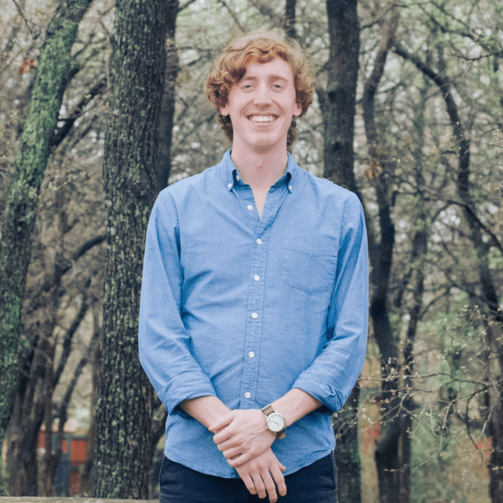More than Music: How Local Music Scenes Make our Cities Stronger
Want to better your community but don’t know where to start? Enter It’s the Little Things: a weekly Strong Towns podcast that gives you the wisdom and encouragement you need to take the small yet powerful actions that can make your city or town stronger.
It’s the Little Things features Strong Towns Community Builder Jacob Moses in conversation with various guests who have taken action in their own places and in their own ways.
What comes to mind when you picture a lively, thriving neighborhood? You may picture sidewalk cafes, where neighbors enjoy a meal and drink—contributing to the streetscape of the neighborhood. You may picture a focal point, such as the lawn of a courthouse square, where neighbors gather and share ideas.
If you asked my neighbors in Downtown Denton, Texas, you’d hear about their local music scene: venues showcasing local musicians for neighbors and visitors alike to enjoy.
For many cities across the country, a strong local music scene comes naturally. Think dive bars in metros, where bands perform every day of the week; or college towns, where students split their time between studies and house shows.
However, in cities without formal venues, it can be more challenging to start and foster a local music scene. In these scenarios, residents miss out on an enjoyable pastime, sure—but more important, cities miss opportunities to engage younger residents, incrementally enhance neighborhoods, and grow the tax base (for real).
My guest in this episode, Joanna Jurgens, has spent her most of her career working with local music scenes. And, today, is the Head of Business Affairs at Sofar Sounds: a global movement where neighbors across the world host intimate shows in unique venues, such as living rooms or antique shops.
In this episode, Joanna shares how you can foster a local music scene in your community, including how to awaken that essential do-it-yourself spirit, how to identify low risk strategies for creating a venue, and how to involve skeptical elected officials in the process.


